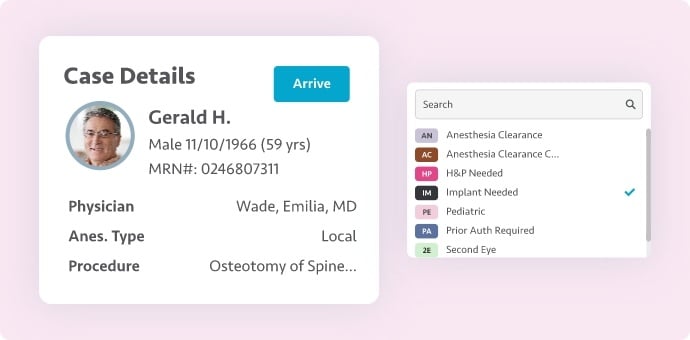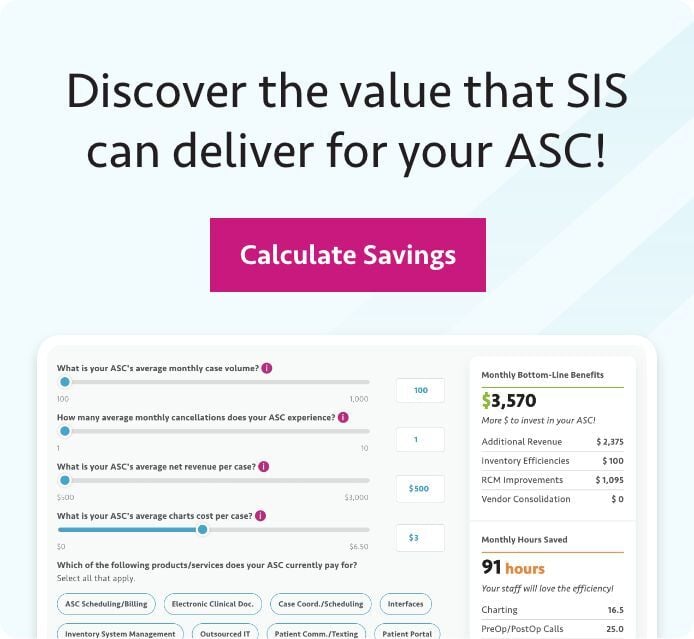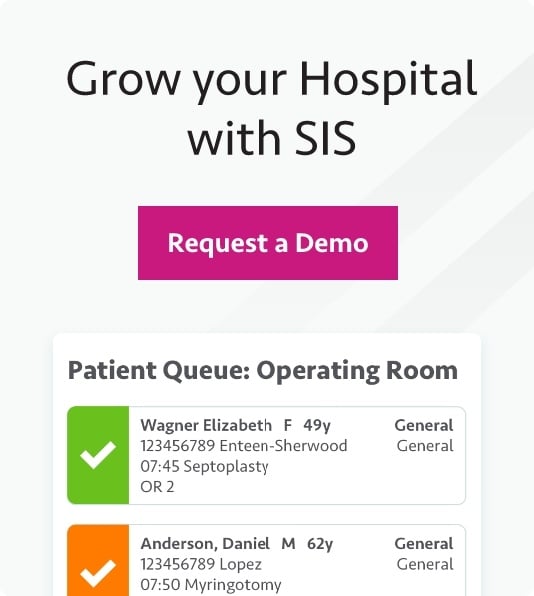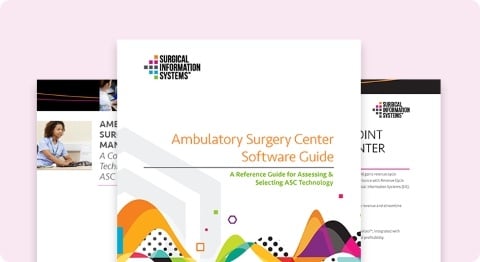 Heather Ashby is the ASC Association's (ASCA) deputy director of advocacy. In this position, she manages the legislative, political and outreach activities of ASCA and serves as a liaison for the ASC industry to the U.S. Congress.
Heather Ashby is the ASC Association's (ASCA) deputy director of advocacy. In this position, she manages the legislative, political and outreach activities of ASCA and serves as a liaison for the ASC industry to the U.S. Congress.
Q: What is the Electronic Health Fairness Act of 2015?
Heather Ashby: ASCA worked with Rep. Diane Black (R-TN) and Rep. Linda Sanchez (D-CA) to introduce this legislation to protect ASC-practicing physicians from facing Medicare payment penalties until a certified electronic health record technology (CEHRT) is available. If enacted, the Electronic Health Fairness Act would exempt patient encounters performed in an ASC from being counted toward a physician’s meaningful use requirement. Additionally, since certification standards have not been developed for ASCs yet, this legislation would authorize the Secretary of the U.S. Department of Health and Human Services (HHS) to certify an EHR system for ASCs.
Q: Why is this legislation important for the ASC industry?
HA: Under the Health Information Technology for Economic and Clinical Health (HITECH) Act of 2009, providers who treat Medicare patients must use CEHRT for at least 50 percent of their Medicare patient encounters in order to meet "meaningful use" requirements and avoid financial penalty. There is currently no certified EHR program for ASCs, making all patient encounters in an ASC count against the meaningful use requirement. Physicians who treat patients solely or predominantly in the ASC setting will be at significant risk of financial penalty because they have an insufficient number of encounters in a setting equipped with a certified EHR.
Q: Do you think ASCs are getting closer to having their own EHR certification standards? What do you see as the value of ASCs having their own certification standards?
HA: Yes, ASCA has worked with our members, industry stakeholders and vendors to develop voluntary certification criteria that are appropriate for the unique setting of ASCs. These standards are being presented to federal regulators as well as EHR accrediting bodies in order to attain certification from HHS.
There are many benefits of having EHR certification standards specifically built for ASCs. First and foremost, ASC-specific criteria will lead to EHR technologies that provide the most necessary and accurate data for ASCs to provide the best possible care to their patients. Technologies built to these standards will best meet the needs of this unique setting of care. In addition, an HHS-approved CEHRT will allow ASC-practicing physicians to fully participate in the EHR meaningful use program as well as the new “Merit-Based Incentive Payment System” recently passed by Congress.
Q: What can ASCs do to help advocate for the Electronic Health Fairness Act?
HA: The Electronic Health Fairness Act (HR 887) has passed out of the Ways and Means Committee in the U.S. House of Representatives, and is awaiting passage by the full House and introduction in the U.S. Senate. ASCs can advocate for their Representatives to support this legislation, or ask their senator to introduce similar legislation, by sending an email through ASCA's Action Center at www.ascassociation.org/takeaction.
For more information, contact Heather Ashby at hashby@ascassociation.org.


























